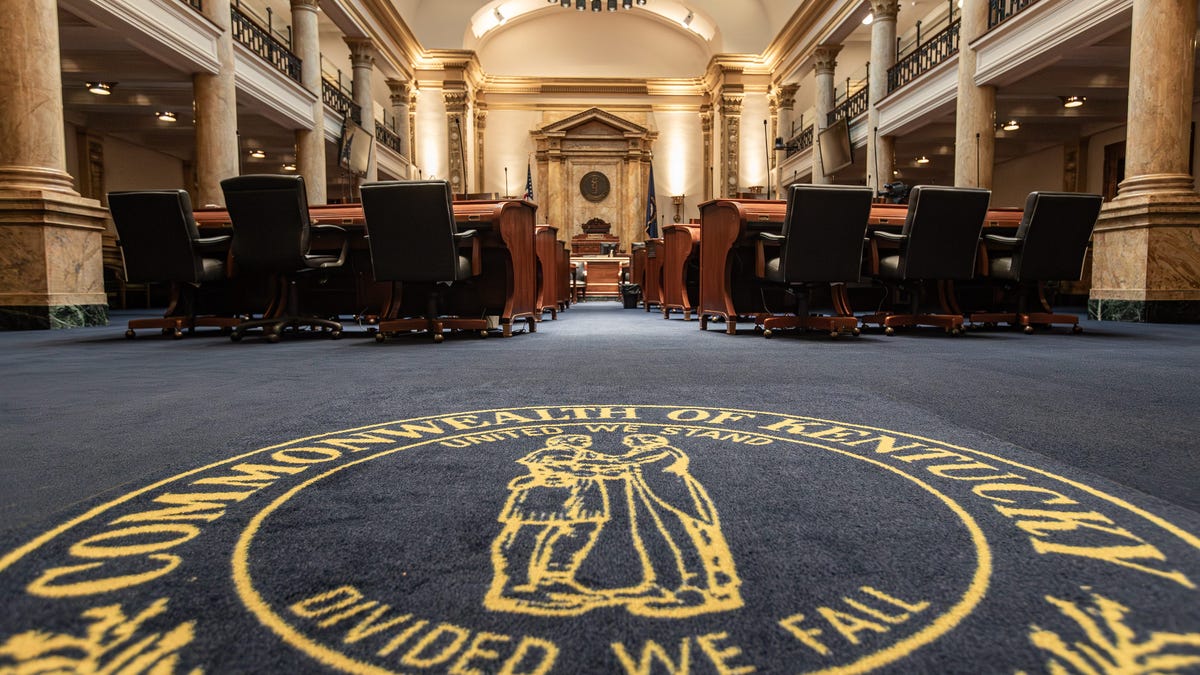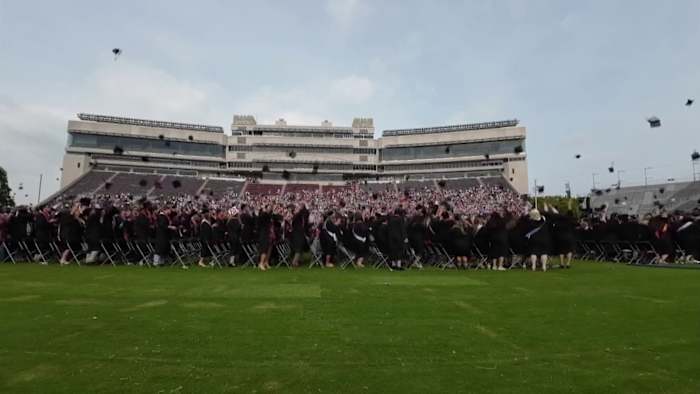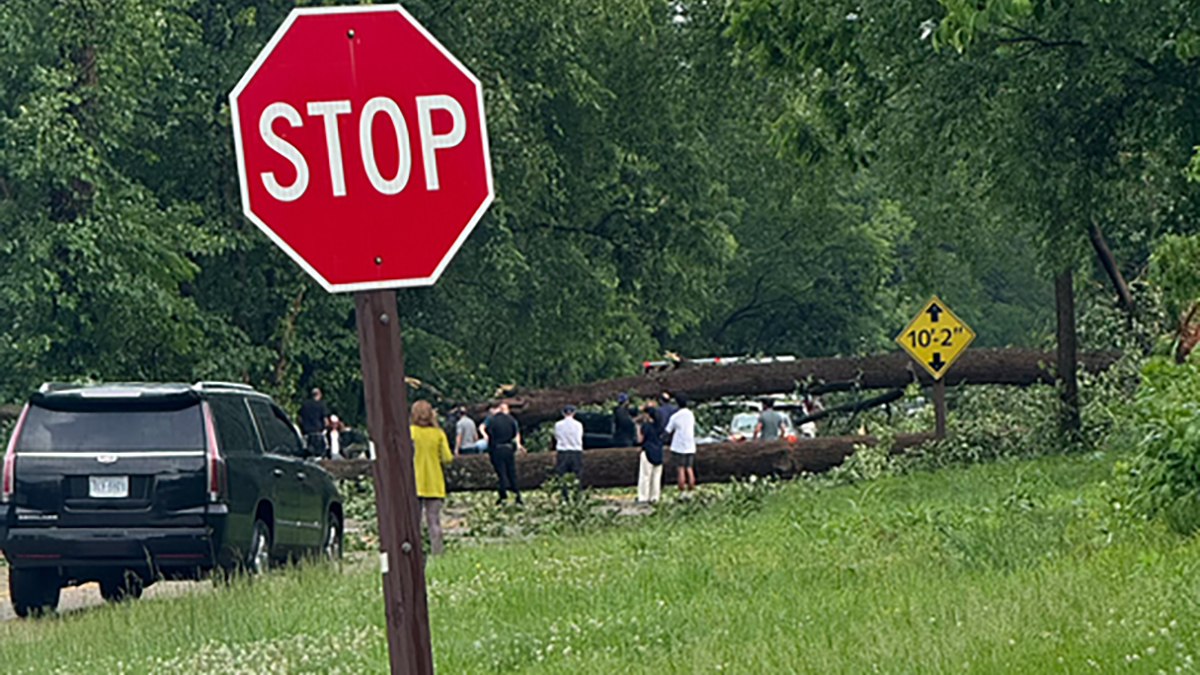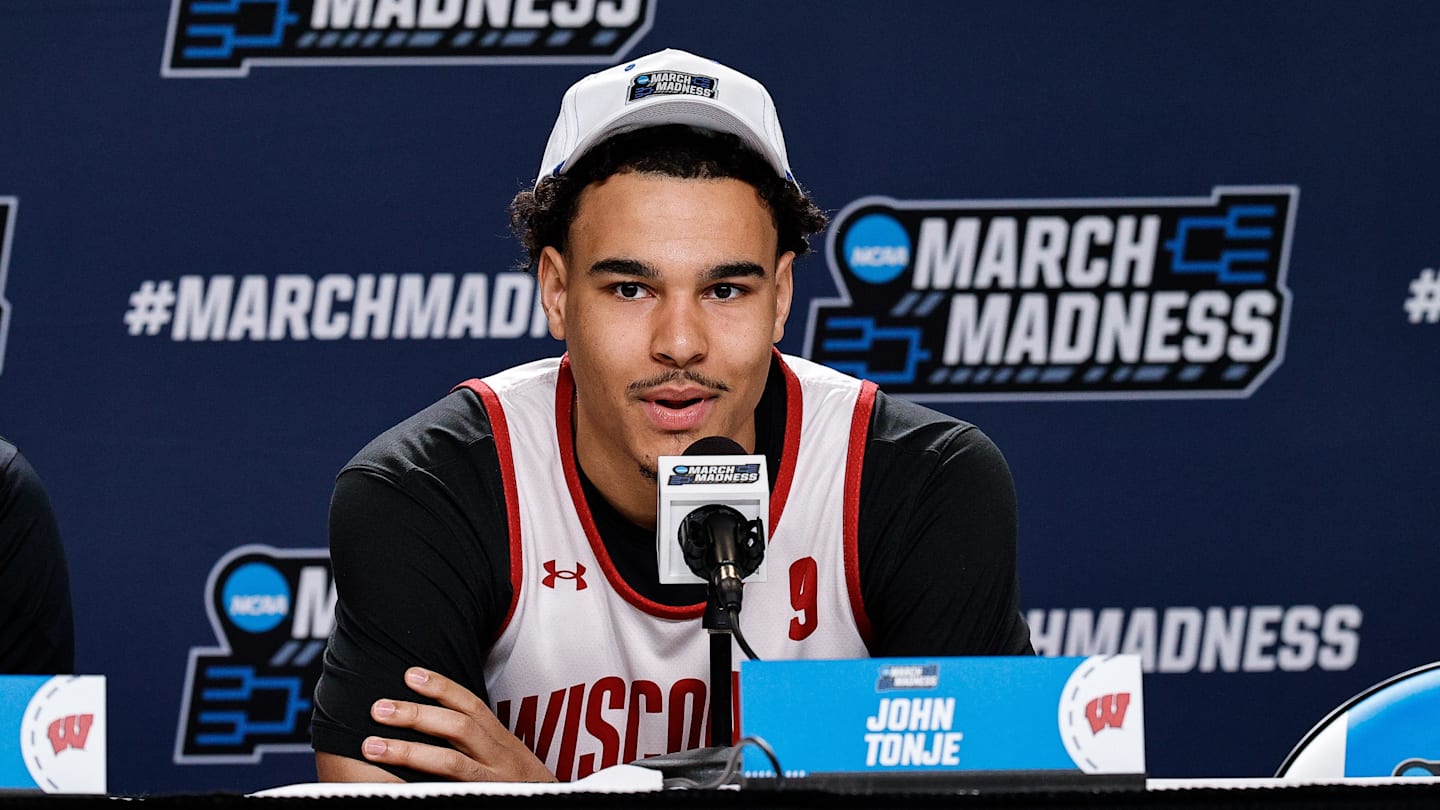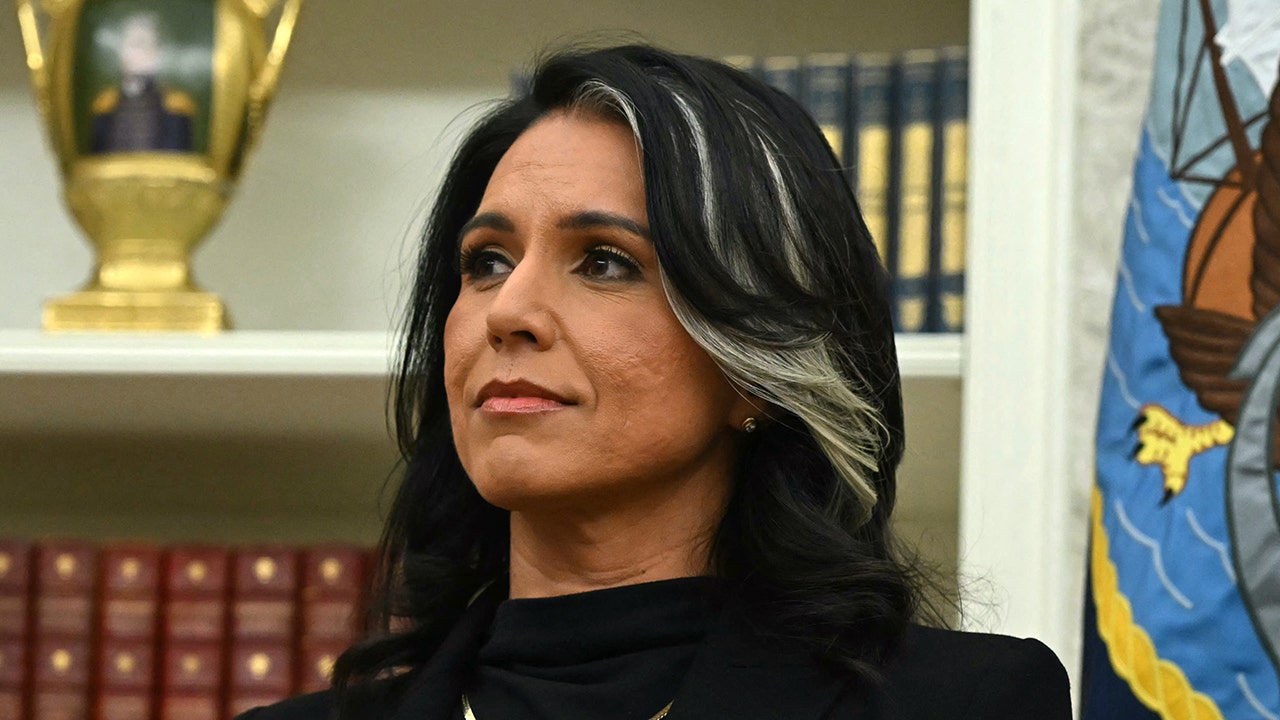In parallel to a brutal war along a 1,000km front, Russia and Ukraine are locked in a titanic diplomatic battle to persuade Donald Trump that the other is the real impediment to peace.
So Vladimir Putin took a big risk over the last week, slow rolling US negotiators over a peace proposal, according to officials familiar with the discussions, then refusing to turn up for talks with Ukraine’s President Volodymyr Zelenskyy in Turkey that he himself had publicly initiated.
So far, the Russian leader’s refusal to engage on terms set by others has been met with little resistance — and certainly not enough to compel concessions or alter the course of his war.
The clearest sign of that came when US President Donald Trump seemed to excuse the Russian leader’s no-show on Thursday and simultaneously questioned the whole point of the Russia-Ukraine talks, saying: “Nothing’s gonna happen until Putin and I get together.”
It was a gift to Putin, who has long sought a one-on-one meeting with a president determined to normalise US-Russian relations. For the Ukrainians, it revived their worst fears — that Trump will seek to cut a deal with Putin over their heads and sell Ukraine down the river.
“Putin is doing just enough to convince Trump that he is engaged in this effort to find peace in Ukraine, while also doing as much as possible to make sure it goes nowhere,” said a senior European diplomat involved in the negotiations between western capitals. “And Trump is falling for it.”
That suspicion is shared by some of America’s closest allies. Putin, German defence minister Boris Pistorius said this week, was “trying to lead the American president down the garden path” by refusing to come to Istanbul. “I’m pretty sure that the American president can’t be happy about that,” he told reporters in Berlin.
Putin’s reluctance to take part in substantive peace negotiations has become clearer in recent days, even to those in the Trump administration who had been inclined to give him the benefit of the doubt.
On Thursday last week, senior Russian officials told Steve Witkoff, Trump’s special envoy, that Putin did not want to discuss the 22-point peace plan that Witkoff had drawn up with Ukrainian and European input, three people briefed on the discussions told the FT.
Those 22 points were discussed at length the following day on a call between Ukrainian and US officials, according to people familiar with the matter. Ukraine was represented on the call by Zelenskyy’s chief of staff, Andriy Yermak, and Ukrainian defence minister Rustem Umerov; the US by Witkoff, Secretary of State Marco Rubio, who is also currently serving as national security adviser, and Gen Keith Kellogg, Trump’s special envoy for Kyiv.
Russia’s response resulted in Witkoff, who has met Putin for talks four times since February, postponing provisional plans to meet the Russian leader this week, the people said. A person close to Witkoff said no trip had been planned.

In the days that followed, the pace of diplomatic activity picked up. European and Ukrainian leaders met to call for an unconditional, 30-day ceasefire in the war, warning Putin of tough new sanctions if he failed to comply — a demand supported by the US.
Putin rejected the demand but came back with his own counterproposal — direct Russia-Ukraine talks, to be held on Thursday in Istanbul. Trump welcomed the idea and urged Zelenskyy to take part. The Ukrainian leader acceded to his request and challenged Putin to come to Turkey himself for what would have been only the second in-person meeting between them.
But the Russian leader refused and sent a low-level delegation instead, led by his former culture minister Vladimir Medinsky.
The meeting, held on Friday, wrapped up after less than two hours, without a breakthrough. The two sides agreed to swap thousands of prisoners-of-war, but made no progress on a lasting ceasefire.
European leaders expressed their frustration. “The past few hours have shown that Russia has no interest in a ceasefire and that, unless there is increased pressure from the Europeans and Americans to achieve this outcome, it will not happen spontaneously,” said French President Emmanuel Macron said, referring to new sanctions.
“People in Ukraine and across the world have paid the price for Putin’s aggression in Ukraine and across Europe, now he must pay the price for avoiding peace,” said UK prime minister Sir Keir Starmer.
Starmer, Macron, German Chancellor Friedrich Merz and Polish Prime Minister Donald Tusk ended up issuing a joint statement saying Putin’s position was “unacceptable”.
The four leaders, together with Zelenskyy, also held a joint phone call with Trump. Starmer said there was now “a high level of co-ordination” between a core of four countries — the UK, France, Germany and Poland — “and the US administration of President Trump” on Ukraine.

“It is just drip, drip, drip,” said one European foreign minister, referring to Europe’s messaging to the Trump administration in the hope the president eventually shifts position on Russia.
But so far that European rhetoric has not been matched by anyone in the Trump administration, which has continued to express frustration with both sides in the conflict, without singling out Russia, and hint that it could walk away.
Rubio said on Thursday that Trump was “willing to stick with this as long as it takes to achieve peace”. “What we cannot do, however, is continue to fly all over the world and engage in meetings that are not going to be productive,” he said.
A senior Ukrainian official described the situation as Putin and Zelenskyy being locked in a geopolitical game of “blackjack” — with Trump as the dealer.
Putin held a “strong but risky” hand, the official said. Ukraine is betting that if he draws one more card, the Russian president could go “bust”.
Additional reporting by George Parker in Tirana


